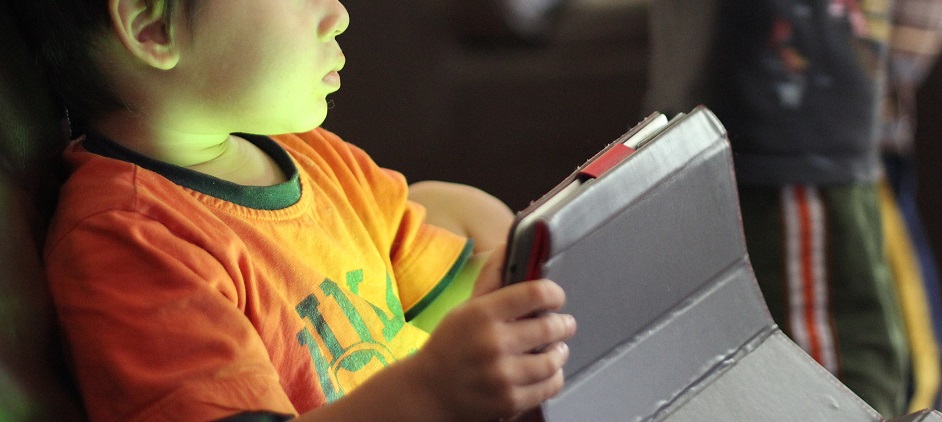The Mount is home to many decorated psychology professors doing amazing work in different sectors. One of those professors is Dr. Daniel Séguin.
 Dr. Séguin (pictured at right), developmental psychology researcher, is an expert on social development across the lifespan. He researches the socio-emotional development of children, adolescents and adults, aiming to do research that can be applied to everyday life.
Dr. Séguin (pictured at right), developmental psychology researcher, is an expert on social development across the lifespan. He researches the socio-emotional development of children, adolescents and adults, aiming to do research that can be applied to everyday life. Dr. Séguin has also completed various academic studies on a number of topics including: social withdrawal and shyness, language development, meteorology and emotions across the lifespan, temperament, regulation, and academic readiness during the preschool years.
The connection between electronic media and sleep
In one of his most recent published works, he took on a new and prominent struggle for parents and children alike – the effect of “screen time” and electronic media use on the sleep patterns and behavioral outcomes of children. The study, “Just five more minutes please: Electronic media use, sleep, and behavior in young children,” determined that excessive electronic media use (more than two hours a day) disrupts a child’s sleep patterns and can in turn create negative behavioural outcomes such as increased aggression and hyperactivity.
“People slept better in the past,” says Dr. Séguin. “Before electricity, you went to bed when it got dark out. Now we’re seeing people staying up later because there’s more opportunity to use all of the tempting electronic tools that are available to us.”
In an age of handheld phones, tablets and television screens in every major room, it can be hard not to be drawn to the technology we are so accustomed to and it can be especially hard understanding how to manage our children’s use of technology. Dr. Séguin is no stranger to having to manage children’s screen time; with four kids under his roof, he understands that it can be tough as a parent.
Make screen time rules clear for children – and age appropriate
 “I am not always perfect and I understand that I have to pick my battles,” says Dr. Séguin. In terms of strategies to help deal with keeping kids from overusing electronics, he recommends implementing a reward system.
“I am not always perfect and I understand that I have to pick my battles,” says Dr. Séguin. In terms of strategies to help deal with keeping kids from overusing electronics, he recommends implementing a reward system.“Kids need concrete rules and need to understand what breaking those rules entails. You can give positive reinforcements to help your children stick to the rule, or negative, depending on the situation. Kids don’t just naturally listen, unfortunately, but when you make the rule seem important and give them something that reinforces the rule, they are more likely to listen.
Using a written contract between you and your children that clearly states the rules and what happens if you break those rules is a great way to keep yourself and your children accountable,” says Dr. Séguin.
In a time of constant use of electronics and the social structure of how we have implemented these devices into our lives, it’s important to note that taking something away for an extended period that is deeply rooted in children’s lives isn’t always the best solution. Dr. Séguin suggests having a sliding rule.
“As children age, the rules change. You can increase screen time as your children get older,” he explains. He also encourages parents to not be so hard on themselves. “I always said I was the perfect parent until I had kids. Parents have the best intentions for their kids but it’s important to note that we get busy, too.”